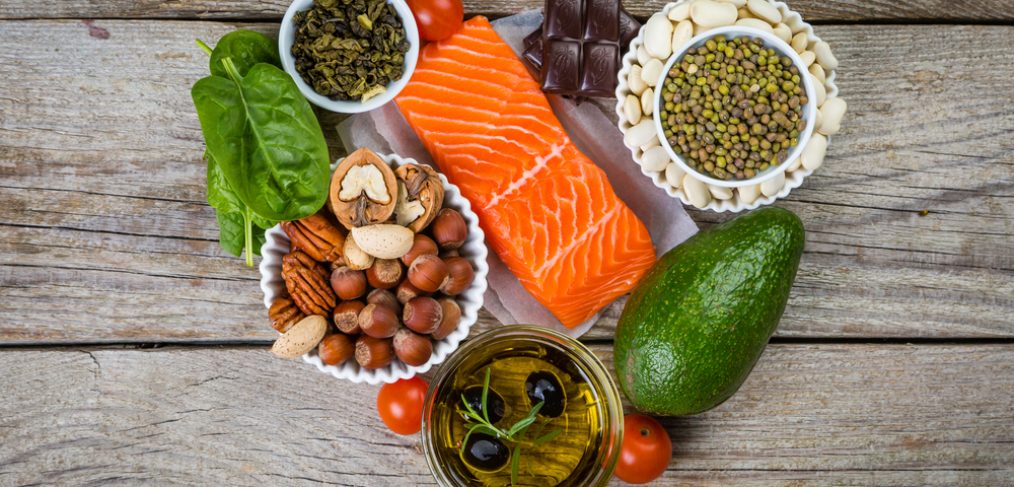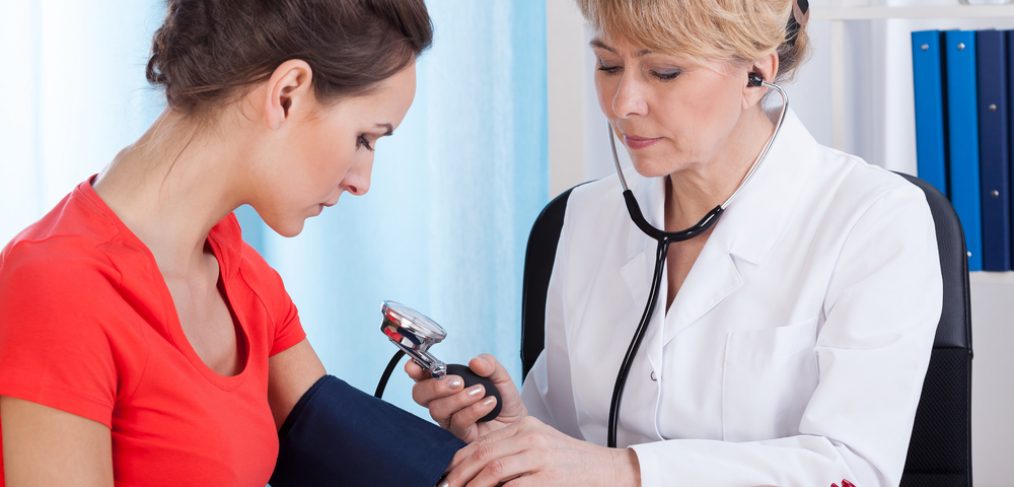When we use the term “hungry heart,” we are usually not speaking in the literal, scientific sense. The Hebrew bible associated all feelings with the heart, hunger and thirst included and quoted Abraham as saying we shall eat to “sustain our hearts.” However, today we tend to more often associate these signals with the mind and brain. However, is the whole body concept so far-fetched? After all, if our heart does fuel our body, and our stomach does fuel our heart, then maybe the heart can be hungry. And if the heart is hungry, what should we feed it?
The Food-Heart Connection
According to Julie Zumpano, RD, LD, and dietitian for the Preventive Cardiology and Nutrition Program at Cleveland Clinic says, “You can definitely reduce your risk of developing cardiovascular disease by eating certain foods every day. Try to eat foods that are in their natural form, as they come from the ground.” Here are some suggestions for a heart-healthy diet.
Fish
Fish are packed with omega-3’s to support your heart. Eating fish with a high omega-3 content, such as salmon and mackerel can help prevent the formation of blood clots, and help maintain healthy cholesterol and blood pressure levels.
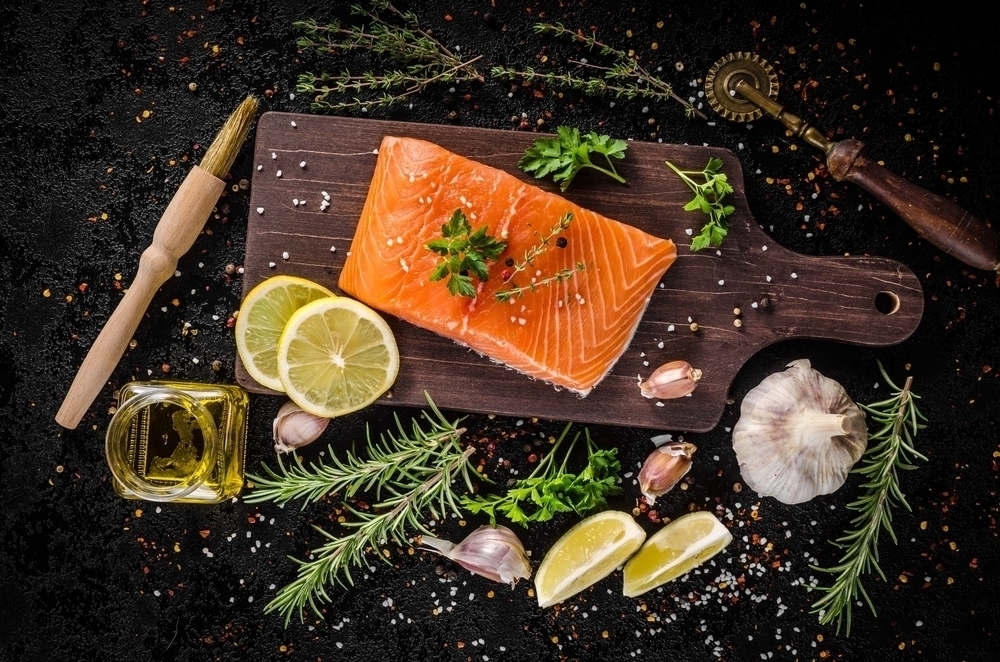
Almonds
A handful of almonds contains a huge load of nutrients! Not only do these nuts have protein, magnesium, and fiber, but they are also high in vitamin E, biotin, monosaturated fats and antioxidants to protect against oxidative stress. They have also been shown to help reduce risk of heart disease and lower bad cholesterol levels.
Beans
Beans, beans, good for your heart! Beans are rich in soluble fiber and help decrease blood pressure and reduce inflammation. They are also full of phytochemicals that reduce oxidative stress, a known contributor to heart disease.
Pomegranates
These lovely seeded fruits have incredible anti-inflammatory properties to decrease the risk of type 2 diabetes, obesity, and blood disease. They also contain punicic acid, a fatty acid proven to combat risk factors associated with heart disease.
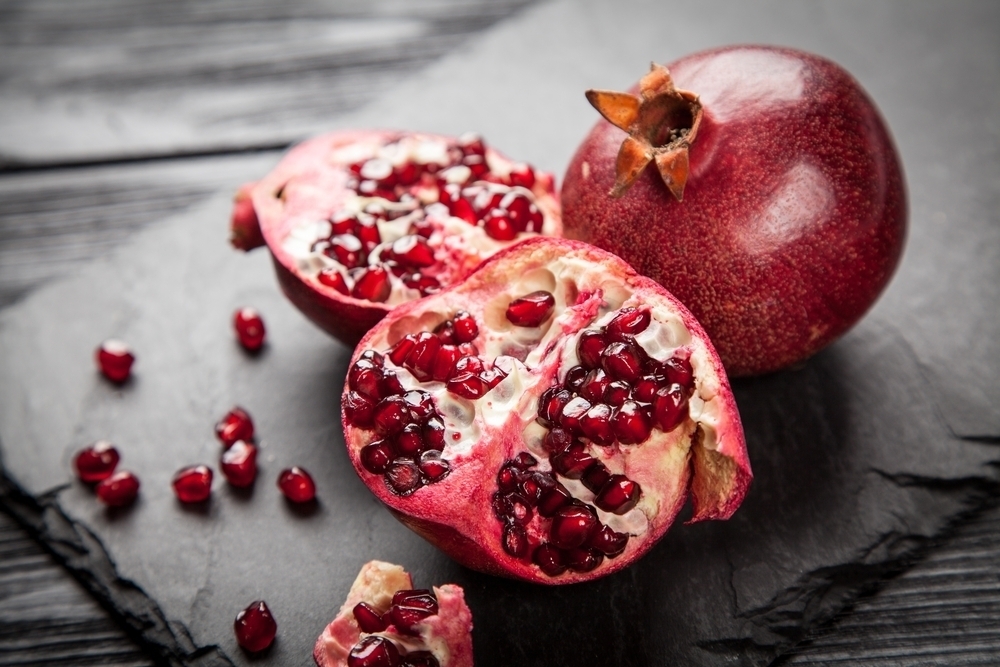
Whole Grains
If you want to improve heart health, swap out that white bread for whole wheat. Web MD cites research showing that the consumption of just 25 grams of whole grains per day can reduce heart disease by 15%.” A diet rich in whole grains has been shown to reduce the risk of heart disease, type 2 diabetes, obesity, and some forms of cancer,” says the website.
Red Wine
Don’t get too excited. Moderation is the key. Scientist suggest that one glass of red per day can raise HDL, or good cholesterol, which prevents blood clots and inflammation that can contribute to a stroke or heart attack. However, they also warn against too much of the good stuff, which may have a detrimental effect on mental and physical health.
Dark Chocolate
Bring on the dark chocolate to help protect your cardiovascular system. This wonderful treat contains flavanols. an antioxidant which has been shown to lower blood pressure, increase blood flow to the heart, and decrease the likelihood of blood clot formation.
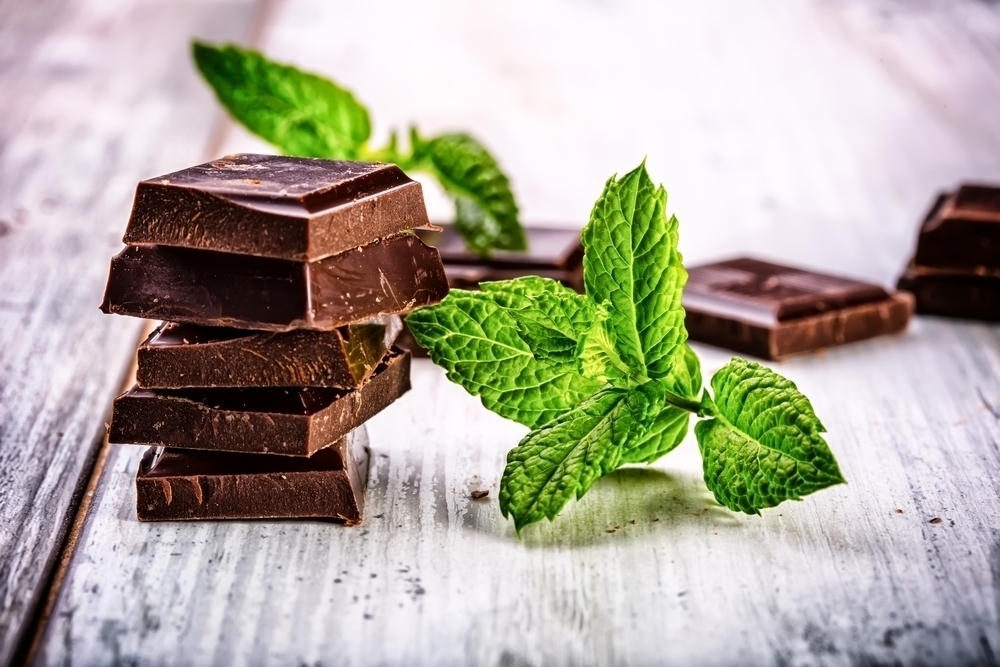
Tomatoes
Tomatoes are rich in antioxidants, folic acid. and beta carotene, but it’s lycopene that really gives these veggies their heart healthy kick. Lycopene reduces risk for heart disease and reduces blood pressure, inflammation, and stroke which make these veggies a great pick for a snack or salad topper.
What do you feed your heart to keep it healthy? Let us know! We love to hear it!



